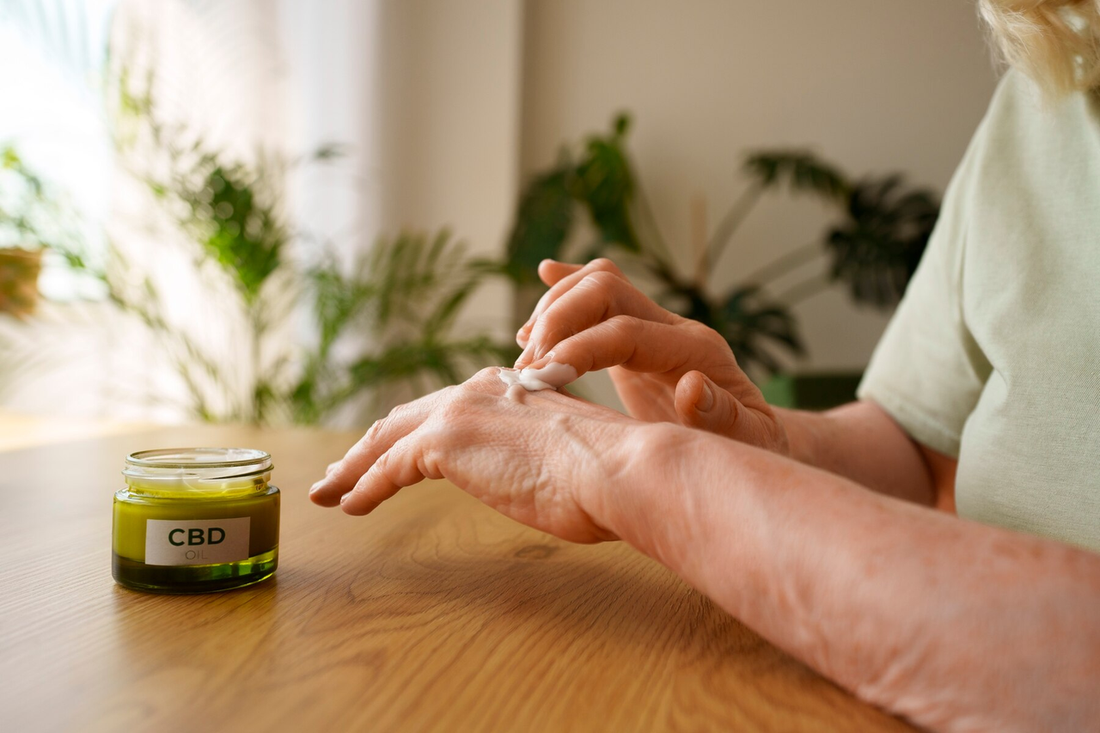In today’s fast-paced world, many people are turning to natural remedies to support their health and well-being. Essential oils, derived from plants, have been used for centuries for their therapeutic properties. These concentrated extracts can offer a range of health benefits, from relieving stress to improving sleep quality. Here’s a guide on how to effectively use essential oils to support your health.
What Are Essential Oils?
Essential oils are highly concentrated plant extracts obtained through distillation or cold pressing. They capture the plant’s scent and flavor, also known as its “essence.” Commonly used essential oils include lavender, peppermint, eucalyptus, and tea tree oil.
Health Benefits of Essential Oils
1. Stress Relief:
Lavender and chamomile essential oils are well-known for their calming effects. Diffusing these oils or adding a few drops to a warm bath can help reduce stress and promote relaxation.
2. Improved Sleep:
Struggling with insomnia or restless nights? Essential oils like lavender, sandalwood, and bergamot can improve sleep quality. Try adding a few drops to your pillow or using a diffuser in your bedroom before bedtime.
3. Enhanced Focus and Concentration:
Peppermint and rosemary essential oils are excellent for boosting mental clarity and concentration. Diffuse these oils in your workspace or inhale them directly for a quick mental pick-me-up.
4. Pain Relief:
Essential oils such as eucalyptus, peppermint, and ginger have anti-inflammatory and analgesic properties. These oils can help alleviate headaches, muscle pain, and joint discomfort. Apply diluted oils to the affected area for relief.
5. Respiratory Health:
Eucalyptus and tea tree oil are great for supporting respiratory health. They can help clear congestion and soothe a sore throat. Add a few drops to hot water for steam inhalation or use a diffuser.
How to Use Essential Oils
1. Diffusion:
Using an essential oil diffuser is one of the most popular ways to enjoy the benefits of essential oils. Simply add a few drops of your chosen oil to the diffuser and let the aroma fill the room.
2. Topical Application:
Essential oils can be applied directly to the skin, but they should always be diluted with a carrier oil (like coconut or jojoba oil) to avoid irritation. Use a 2-3% dilution (about 12 drops of essential oil per ounce of carrier oil) for adults.
3. Inhalation:
Direct inhalation is a quick way to experience the benefits of essential oils. Place a few drops on a tissue or cotton ball and breathe deeply. Alternatively, you can use an essential oil inhaler.
4. Bath:
Adding essential oils to your bath is a luxurious way to enjoy their benefits. Mix a few drops with a carrier oil or full-fat milk before adding to the bathwater to ensure they disperse evenly.
5. Massage:
Enhance your massage experience by incorporating essential oils. Mix a few drops with a carrier oil and use for a soothing and therapeutic massage.
Safety Tips for Using Essential Oils
1. Dilution:
Always dilute essential oils before applying them to your skin to prevent irritation or allergic reactions.
2. Patch Test:
Conduct a patch test before using a new essential oil. Apply a small amount of diluted oil to your skin and wait 24 hours to check for any adverse reactions.
3. Quality:
Choose high-quality, pure essential oils from reputable sources. Look for oils that are labeled as 100% pure and free from additives.
4. Avoiding Sensitive Areas:
Do not apply essential oils to sensitive areas such as the eyes, ears, and mucous membranes.
5. Pregnancy and Medical Conditions:
Consult with a healthcare provider before using essential oils if you are pregnant, nursing, or have any medical conditions.




